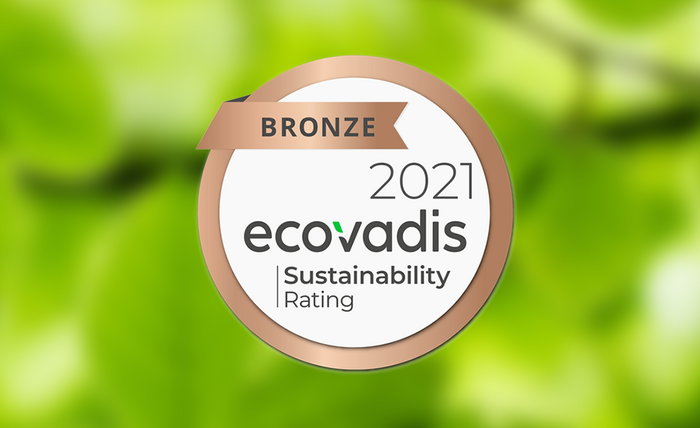Environmental Responsibility
For us, the environment is important, and therefore we ensure that our products are manufactured in an energy-efficient way with as little environmental impact as possible.
When selecting materials, we use recyclable materials as much as possible, which we sort and recycle in collaboration with Stena. We influence the product’s environmental footprint through controls, energy consumption, and light quality. We always strive to ensure that our luminaires have replaceable parts whenever possible.
We use environmentally friendly chemicals to the greatest extent possible. We comply with legislation regarding this but also aim to exceed these requirements.














